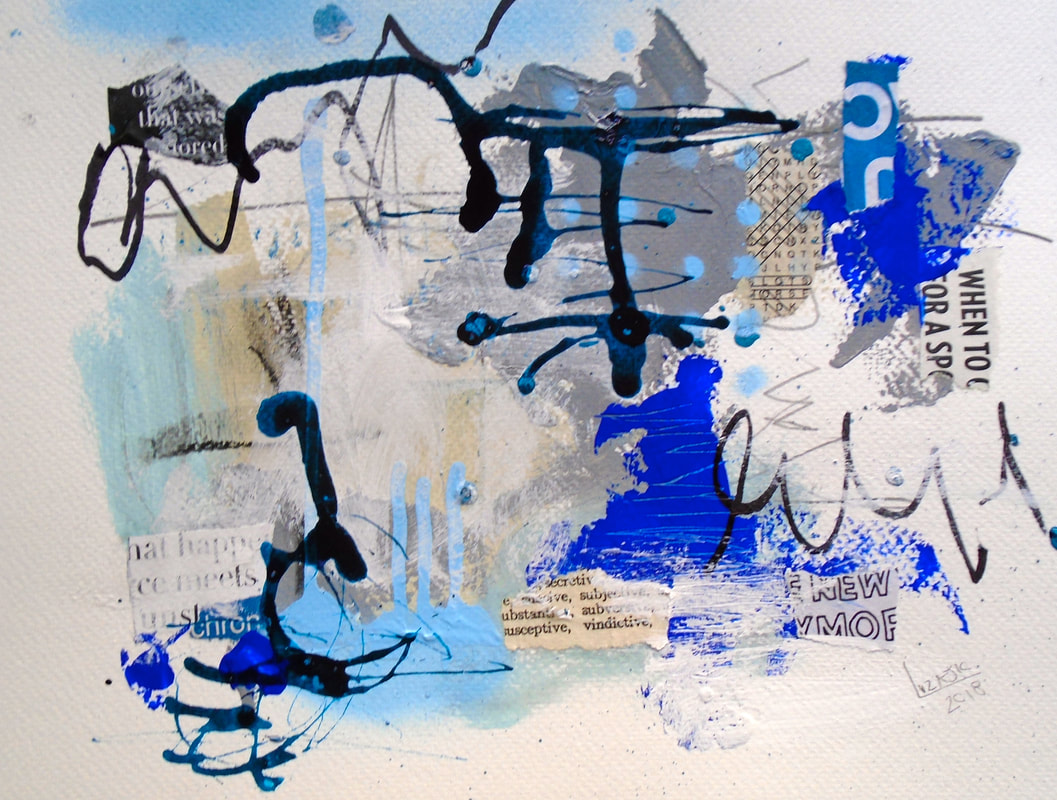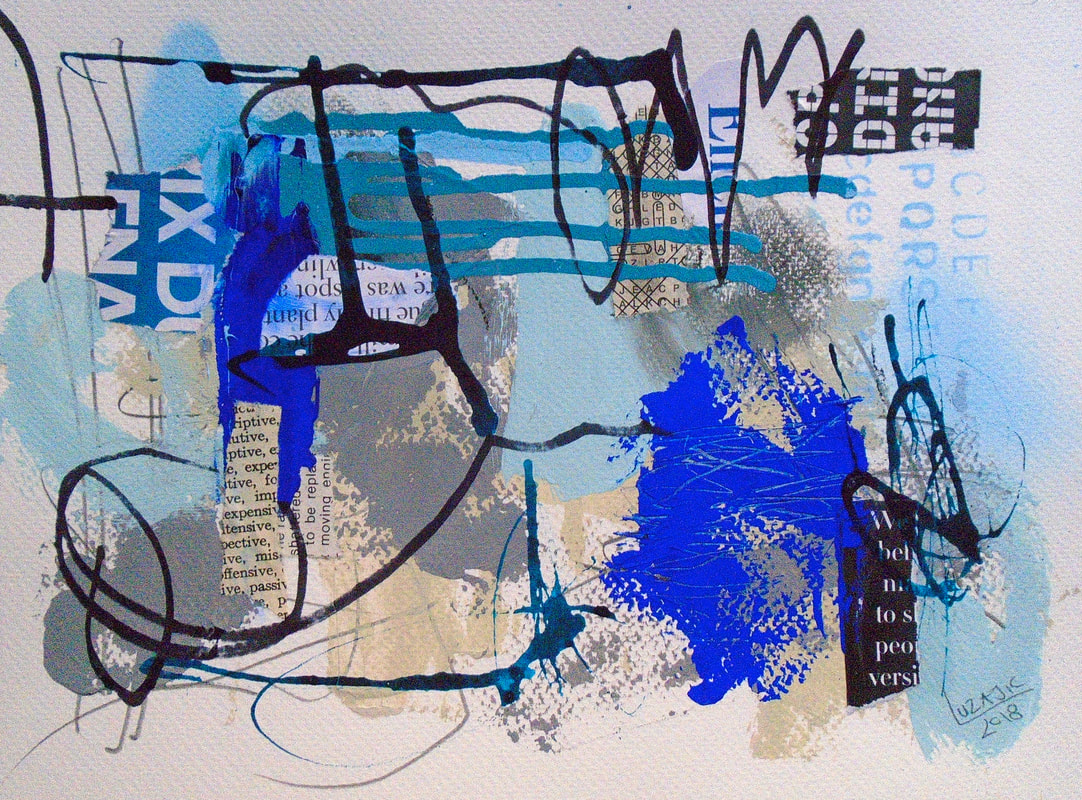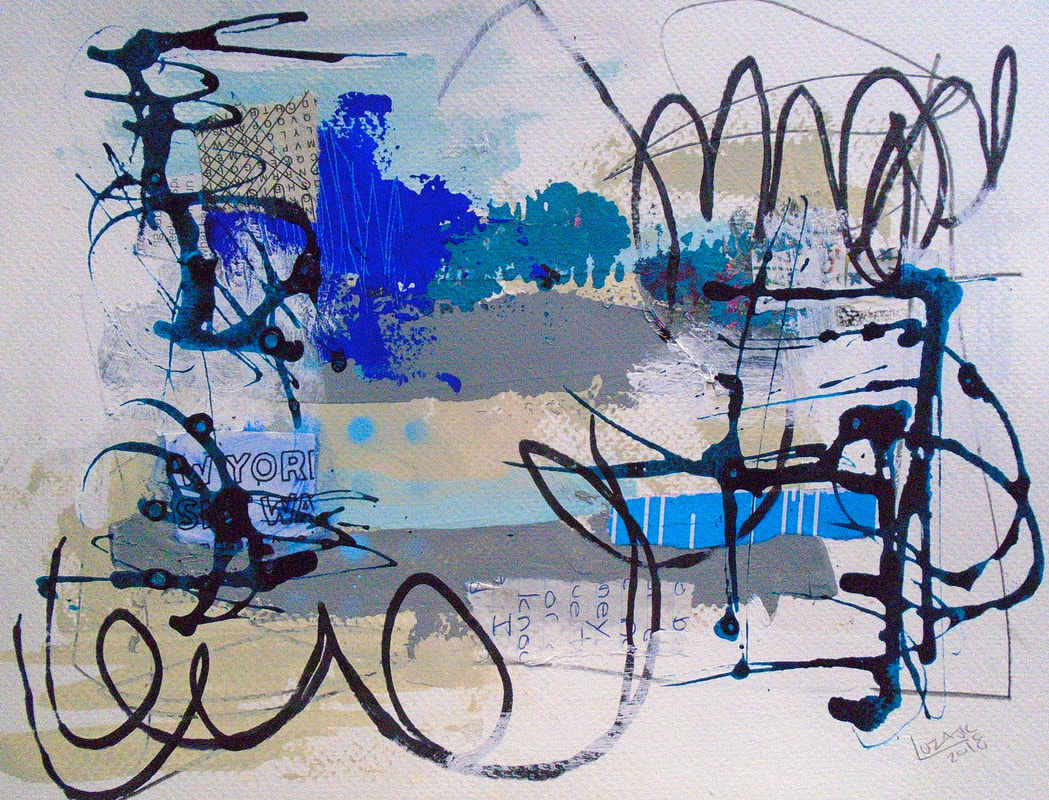|
Basho's Haiku Someone who does not run / towards the allure of love / walks a road where nothing lives.1 Rumi, "The Allure of Love” 1 5, 7, 5 / 7, 8, 12 In her ataraxy and equanimity, she was a semblance of the aromatic atoms of the freshly blossomed cherry blossoms and soothing shade of the Sakura tree laid under the Egyptian-blue and cotton candy-like subtle and fluffy sky in the Spring. We had met, out of the blue, at a literary festival in Athens, Greece during the Summer of ’13 CE. … She possessed a Bohemian-Spirit, and she was fond of poetry. She had a knack for free from the shackles of form forms (free verse); knack for controversial forms (prose poetry); knack for the forms from the Orient – where juxtaposition was applied to two distinct images (haiku) – in fact, she was addicted to haiku! … Back in those days, the distance between verse and I was as gargantuan as the distance that one Aristotle had taught one Alexander between Hellas (Greece) and Bharat (India) was; or the distance between the Sun and Pluto; or the distance between our Solar System and the Sagittarius A; or the distance between the Milky Way and Alpha Centauri; or … (never mind). … She would mostly compose couplets; she was particularly fond of Khayyam-esque rubaiyat – would instantly stir one or two up, like an illusionist pulls out a rabbit from the Zatanna hat. She also had a palate for 7, 8, 12 liner short, short vers libres – free like the freely-flowing water/currents in the river; free from the fear of getting drunk/ridden by the fish – with long, long encrypted messages and morals – like the encoded poetic discourses of the epic poems; the likes of Gilgamesh, Mahabharata, Odyssey, Beowulf, Shahnameh, and what have you. And she was rather particular about writing her lines in ink with a fountain pen – she had 7, 8, 12 odd favourite fountain pens; each with its own leather and/or velvet sleeve. During our early days of seeing each other, one evening, after attending an orchestra performance at the Odeon of Herodes Atticus, as we were wandering around the Agora and Acropolis on the Ermou Street, she had succumbed to her muse: each season’s distinct florilegium esoteric tongue/s of two lovers enormous pot of lilium soup If not as poetically articulate, I was clever enough to read between the lines, and embossed a compliment on the dorsal of her right hand. And so were our lips and hearts – clever enough to decipher the epigram – like one Zeus was clever to approach Europa as a bull; like one Athena was clever to disguise Odysseus as an old beggar; like one Hermes was clever to create the Hellenic alphabet; like one … (never mind). 2 BASHO’S HAIKU And every now ‘n then, she would slip many such handwritten poetic jeux d’esprit and apophthegms between the pages of my books and journals – without giving me the slightest clue. Over the course of Summer and Autum, she had rather made it a habit of surprising me with couplets, rubaiyat, and haiku – I would find the poem slips cozying between the lines like a well-fed pet cat on her human-mama’s curule chair; other times, flying out of my books and journals like birds freed from the incarceration of cages. … And I had made her surprises my habit; her serenity and poetic aura had rather turned into my addiction! And I gave her the nickname of “Basho’s Haiku.” And she fell in love with the nickname – wore it proudly like an enamel pin on the lapel of her blue-black corduroy shacket. At the same time, she was a devotee of Wabi-Sabi (Zen Buddhism).2 AND she was in love with one Basho – his humanism, his poetics, his existential ideas, his humility. … BUT I, in love with her > the love of The One who claims to love us > the love of 70 mothers combined; > the vast expanse of 7 heavens combined; > the love of O2 of all bronchioles combined in both human lungs; > … (never mind). … And during our occasional petty arguments, I would be generously sarcastic to her: “like your blue-eyed boy, Basho (and his haiku), your skill to make a mountain out of a molehill is simply extraordinary, simply commendable, simply outsmarts my comprehension, Angeliki!” And she would generously return the sarcasm, too: the day I morph into a petal on a branch of a Sakura tree, you will know all the distinctions there’re to know between a mountain and a molehill! 3 THE GREEK TRAGEDY At the same time, she had her shadows of weaknesses to keep an eye on, too – like the heel of one Achilles; like the fearlessness of one Prometheus; like the bad luck of one Hercules – she did smoke the coffin nails; she loved her whisky/scotch (single malt; on the rocks) – like > one Zeus loved Athena; like > one Aphrodite loved Eros; like > one Hera loved Ares; like > … (never mind). … And by the Spring of ’14 CE, she found herself forced to submit to her B****** of a stalker named ‘Cancer’ – the B******’s fox-like craftiness turned out to be > all the degrees of love I possessed for her; the B****** was in some dire rush to elope with her to the Elysium or Hades, apparently! … But, she had been given a heads-up by her doctors a season earlier about her liver + lungs doing the over-overtime. But, she was overly inspired by the French Ideals of Liberté – like far > the French themselves, apparently – she wasn’t afraid of having a tête-à-tête with one Azrael, at all, or the so-called Prince of Darkness Itself.3 And so, the opportunist named ‘Tragedy’ found in her the perfect excuse to reincarnate itself: LURE OF FREE WILL + COBWEB OF MATERIAL TEMPTATIONS = THE GREEK TRAGEDY. And so, her odyssey with me turned out to be shorter than the shortest season of the Gregorian calendar; as short as the 5, 7, 5 of one haiku, apparently. The manner in which The One, who claims to be the Creator of the Uni/Multiverse (and everything within/without it), is sadist towards me – like > one Zeus is to Prometheus; like > one Athena is to Arachne; like > one Hera is to Heracles; like > … (never mind) – such karma even one Basho himself wouldn’t have been able to poem in the ribcage of 5, 7, 5! 4 THE GIFT The haiku – placed (almost) in the centre of the prologue to this poem – was one of her many such first-ever paronomasias she’d composed for me that I would find placed (almost) in the centre of the gift – Rumi: The Book of Love – Poems of Ecstasy and Longing by C. Barks – I’d received from her on our only ‘Happy New Year’ together prior to her departure to the Aalam-e-Barzakh/Araf.4 Saad Ali 1. English translation by Coleman Barks. 2. Wabi-Sabi (School of Buddhism): Based on three Buddhist principles: a) ephemerality, b) discontentment (pain/suffering), and c) sunyata (void/emptiness). Sabi: Material impermanence/imperfections/incompleteness; Wabi: Acceptance (of shortness/flaws/unfinished). 3. Azrael (Abrahamic Religious Traditions): Archangel of Death. 4. Aalam-e-Barzakh/Araf (Islamic Tradition): An ethereal place for the souls of the dead to live until the Day of Judgement. Saad Ali (b. 1980 CE in Okara, Pakistan) has been brought up and educated in the United Kingdom and Pakistan. He is a bilingual poet-philosopher and literary translator. His new collection of poems is titled Owl Of Pines: Sunyata (AuthorHouse, 2021). He has translated Lorette C. Luzajic’s ekphrastic poetry and micro/flash fictions into Urdu: Lorette C. Luzajic: Selected Ekphrases: Translated into Urdu (2023). He is a regular contributor to The Ekphrastic Review. He has had poems published in Synchronized Chaos. His work has been nominated for the Best of the Net Anthology. He has had ekphrases showcased at an Art Exhibition, Bleeding Borders, curated at the Art Gallery of Grande Prairie in Alberta, Canada. Some of his influences include: Vyasa, Homer, Ovid, Attar, Rumi, Nietzsche, Freud, Jung, Kafka, and Tagore. He enjoys learning different languages, travelling by train, and exploring cities/towns on foot. To learn further about his work, please visit: www.saadalipoetry.com; www.facebook.com/owlofpines.
3 Comments
Thank you for the Inspiration, Lorette!
Reply
5/22/2024 10:58:13 pm
The visual haikus struck me first. Whenever I view visual art, my brain feels like it's had a massage. Then I read the story--so clever and tragic of course. I always love to be destroyed when I read. Love this ekphrasic collaboration!
Reply
Thank you kindly for taking the pain to give this piece a read, K. L. Barron; I appreciate your comments.
Reply
Your comment will be posted after it is approved.
Leave a Reply. |
The Ekphrastic Review
COOKIES/PRIVACY
This site uses cookies to deliver your best navigation experience this time and next. Continuing here means you consent to cookies. Thank you. Join us on Facebook:
July 2024
|






